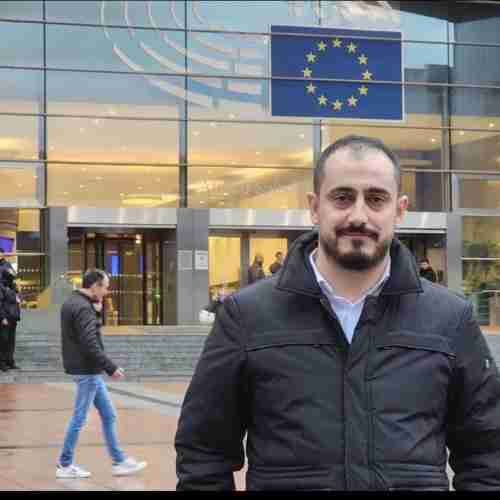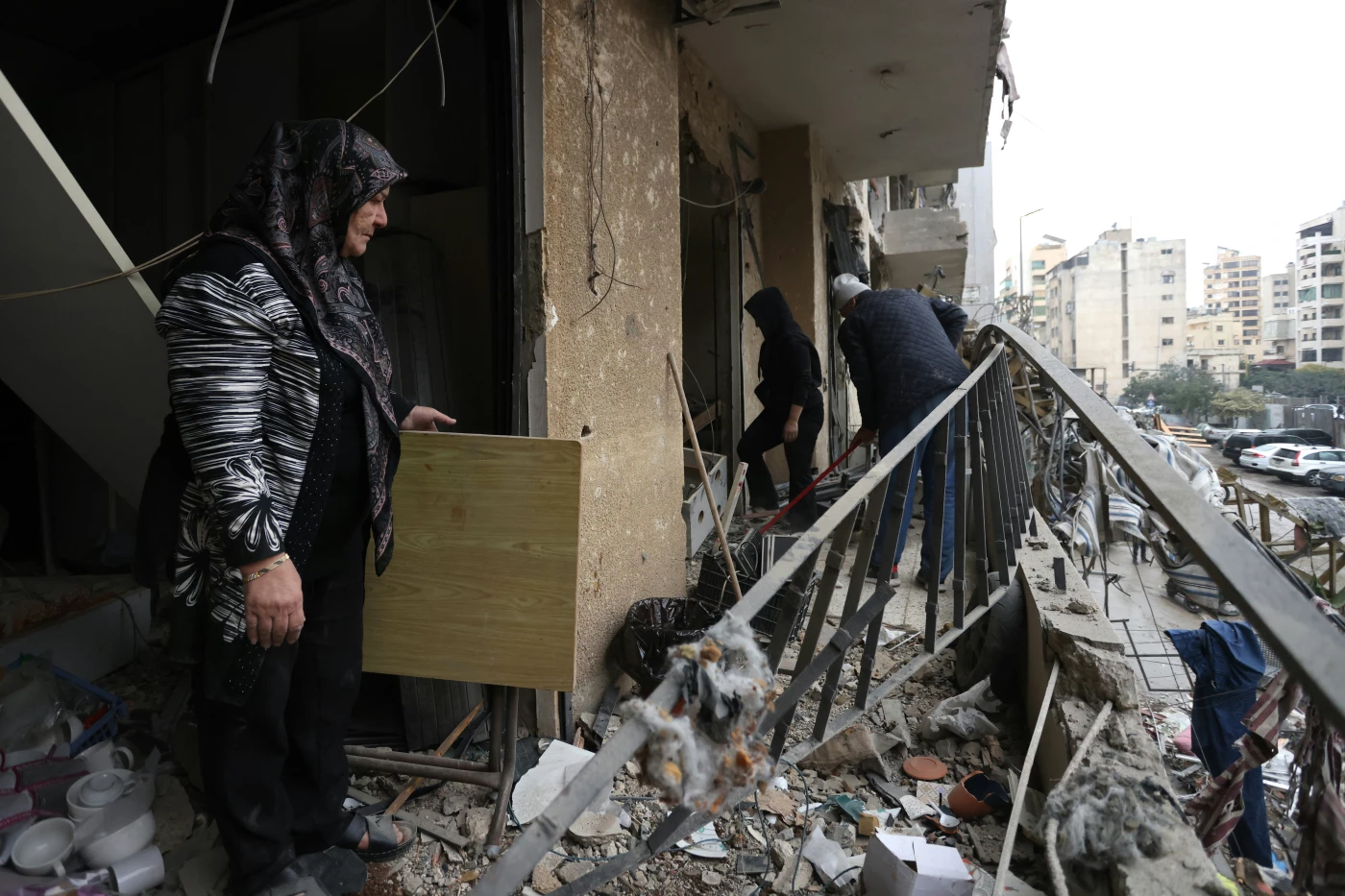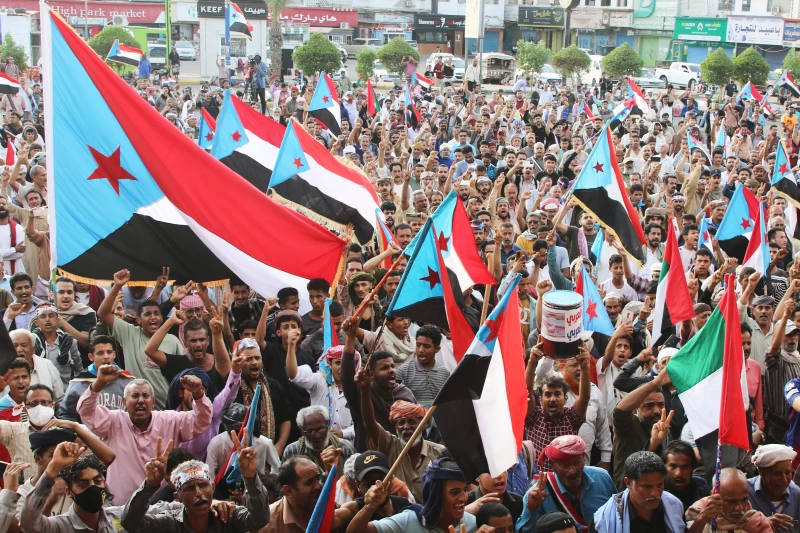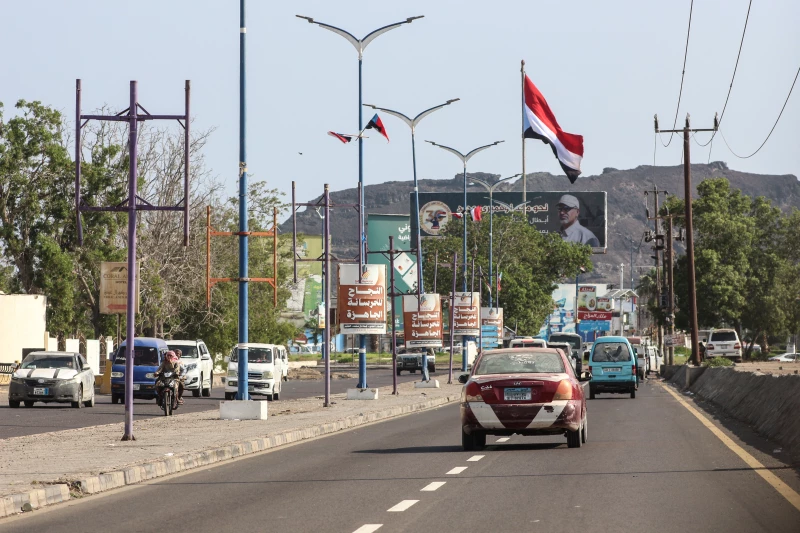ERBIL, Kurdistan Region of Iraq - Turkey, Qatar, and Saudi Arabia on Wednesday joined several other regional and international states in welcoming the ceasefire between Hezbollah and Israel, hours after it took effect, as tens of thousands of Lebanese people displaced by the war began the journey back home, with many of them celebrating the end of the deadly and devastating conflict.
The Kingdom of Saudi Arabia "appreciates all international efforts made in this regard", the foreign ministry said in a statement, referring to the truce struck with the support of the USA and France.
President Recep Tayyip Erdogan of Turkey, for his part, said that he was “pleased” with the truce in Lebanon which ended 13 months of conflict between Israel and Hezbollah, describing the cessation of the hostilities as a milestone progress in restoring stability to the region.
"We expect all parties, especially Israel, to fulfill their responsibilities to the letter in order to maintain calm on the ground,” Erdogan said, adding Ankara was willing to provide all the "necessary support for the establishment of internal peace,” in Lebanon.
After nearly a year of sporadic cross-border fire started by Hezbollah to support their strong Palestinian ally Hamas in Gaza, and following a little over two months of a fully-fledged war between Israel and Hezbollah, a ceasefire deal brokered by the United States and France brought the deadly conflict to a halt, an agreement aimed at facilitating the withdrawal of Israeli troops from southern Lebanon over the next two months.
Hezbollah, still reeling from the shock of the death of their longtime leader Hassan Nasrallah in an Israeli air campaign, said they would prepare a public funeral for the slain chief.
More than 3,000 people were killed in over a year of fighting between Hezbollah and Israeli forces, according to the latest tally by the Lebanese Ministry.
The Lebanese army said on Wednesday that it was “taking the necessary measures” to deploy forces south after the ceasefire took effect while warning displaced people from frontline areas against returning to their regions before Israeli troops withdrew.
Lebanese Prime Minister Najib Mikati weighed in on Wednesday afternoon, saying the army and UN peacekeepers would take control of the south, a region where Hezbollah holds sway.
Mikati called on the Israeli army to comply with the details of the deal and withdraw from their territory.
Qatar, which had spearheaded mediation to bring the regional escalations to a halt, also welcomed the ceasefire, hoping for a similar end to the war in Gaza.
"The State of Qatar welcomes the ceasefire agreement in the Lebanese Republic and expresses its hope that it will lead to a similar agreement to halt the ongoing war on the Gaza Strip and the Israeli assaults on the occupied West Bank," Qatar's foreign ministry said in a statement.
Just hours after the Hezbollah-Israel truce took effect, Hamas said it was ready for talks on a ceasefire in Gaza, too.
"We have informed mediators in Egypt, Qatar, and Turkey that Hamas is ready for a ceasefire agreement and a serious deal to exchange prisoners,” an official from the group told AFP.
The official who hailed the truce in Lebanon accused Israel of obstructing an agreement in Gaza.
On October 7, 2023, Palestinian Hamas launched the al-Aqsa Flood operation, an unprecedented aerial and ground attack into southern Israel that killed around 1,200 people.
In response, Israel launched a full-scale military aggression against Gaza which is still ongoing a year later. Over 44,000 Palestinians have been killed as a result of the Israeli offensive.
After the start of the ceasefire in Lebanon, Israel’s Defense Minister Israel Katz said that Tel Aviv’s “ultimate goal” is to see the return of hostages held by Hamas.



 Facebook
Facebook
 LinkedIn
LinkedIn
 Telegram
Telegram
 X
X


